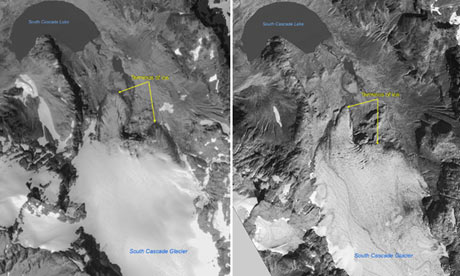 Whether because exercise makes us hungry or because we want to reward ourselves, many people eat more — and eat more junk food, like doughnuts — after going to the gym. Ben Bloom / Getty
Whether because exercise makes us hungry or because we want to reward ourselves, many people eat more — and eat more junk food, like doughnuts — after going to the gym. Ben Bloom / GettyFrom Time Magazine:
As I write this, tomorrow is Tuesday, which is a cardio day. I'll spend five minutes warming up on the VersaClimber, a towering machine that requires you to move your arms and legs simultaneously. Then I'll do 30 minutes on a stair mill. On Wednesday a personal trainer will work me like a farm animal for an hour, sometimes to the point that I am dizzy — an abuse for which I pay as much as I spend on groceries in a week. Thursday is "body wedge" class, which involves another exercise contraption, this one a large foam wedge from which I will push myself up in various hateful ways for an hour. Friday will bring a 5.5-mile run, the extra half-mile my grueling expiation of any gastronomical indulgences during the week.
Read more ....
















































